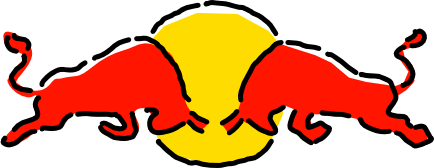Red Bull’s Global Supplier Code of Conduct is based on the core principles as set out in the Business Social Compliance Initiative (BSCI), the conventions of the International Labor Organization (ILO), the United Nations Universal Declaration of Human Rights, the U.N. Convention on the Rights of the Child and the U.N. Conventions for Elimination of All Forms of Discrimination, the principles of the U.N. Global Compact as well as the OECD Guidelines for Multinational Enterprises.
Red Bull Norway aims to be open and transparent about how we conduct due diligence and promote respect for fundamental human rights and decent working conditions.
As an organisation we reject modern slavery in all its forms (including human trafficking, forced or compulsory labour, child labour, debt bondage, work under threat of punishment and other forms of human exploitation) and are committed to maintain and develop further appropriate safeguards against the mistreatment of persons within our business and supply chain.
Our intention is to keep our supply chain transparent. We aim to ensure that our suppliers are contractually obliged to manage such risks and that we conduct regular as well as upon request internal audits of our suppliers in pursuit of this objective.






